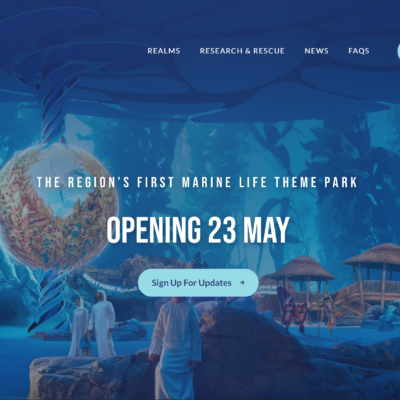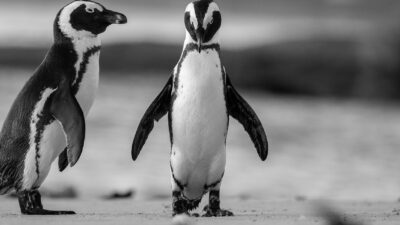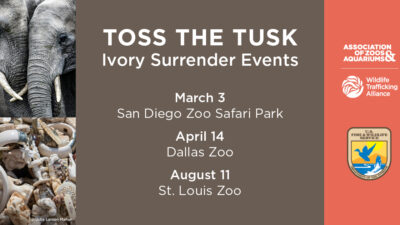Sea turtles are one of the most vulnerable species on the planet, facing threats such as habitat loss, plastic pollution, and over-harvesting of their eggs. However, a recent conservation success story highlights the incredible work being done to save these magnificent creatures from extinction.
The Gulf World Marine Institute (GWMI) in Florida recently released 3 cold-stunned sea turtles back into the wild. Cold-stunned sea turtles are those that have become shocked by the frigid temperatures in shallows bays and estuaries below 50 degrees Fahrenheit during cold snaps. Two of the sea turtles, Tadpole and Buddy the Left, hailed from the New England Aquarium in Boston, and were among the hundreds that stranded along Cape Cod’s shoreline. The third sea turtle, Sea Lion, was a juvenile green that was the first to come in from the cold snap felt during Christmas.
Sea turtles play an important role in the ecosystem, helping to maintain the balance of the food chain and preserving the health of seagrass beds and coral reefs. They are also a critical species for the tourism industry, as people come from all over the world to see these fascinating creatures in their natural habitats.
Zoos and aquariums play a crucial role in sea turtle conservation efforts. They are responsible for rescuing and rehabilitating sick, injured, or cold-stunned sea turtles and releasing them back into the wild. The New England Aquarium, Mass Audubon Wellfleet Bay Wildlife Sanctuary, NOAA Fisheries, Florida Fish and Wildlife Conservation Commission, United States Geological Survey, Florida Coastal Conservancy, Indian Pass Sea Turtle Patrol, Northern Gulf Turtle and Coastal Research Group, FWC Law Enforcement, Tyndall Air Force Base Natural Resource Department, United States Fish and Wildlife Service, and FWC sea turtle staff were all instrumental in rescuing, triaging, and arranging these turtle transports.
The recent release of the 3 cold-stunned sea turtles at the Gulf World Marine Institute is a testament to the incredible work being done by zoos, aquariums, and conservation organizations to save these magnificent creatures from extinction. With the support of the public, we can continue to protect and conserve sea turtles, ensuring that they thrive in the wild for generations to come.









